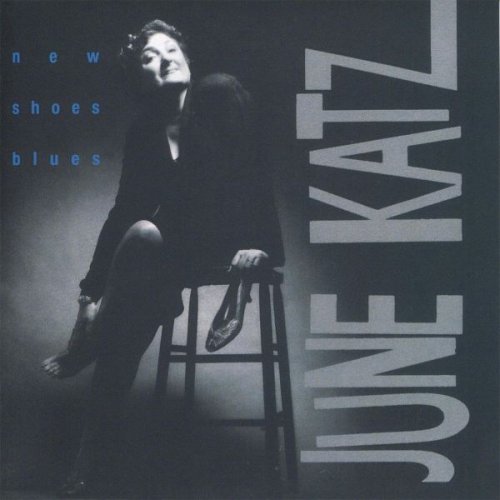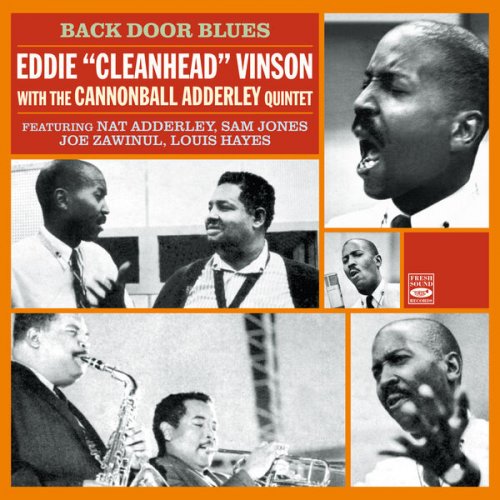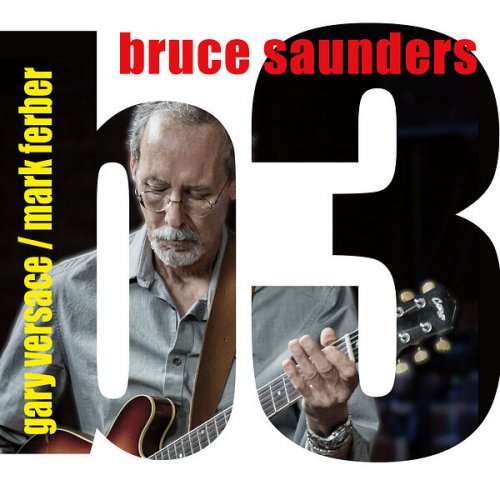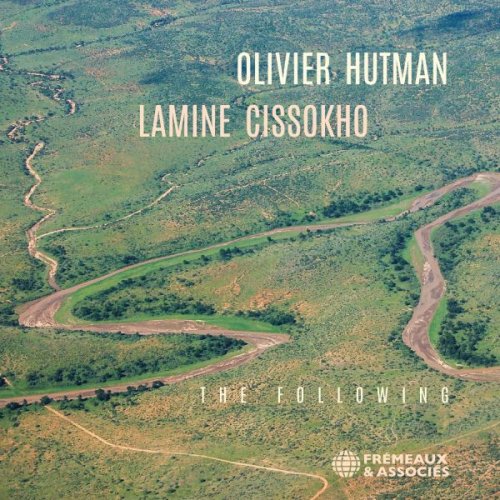B.B. King - The Best Of B.B. King (2025)
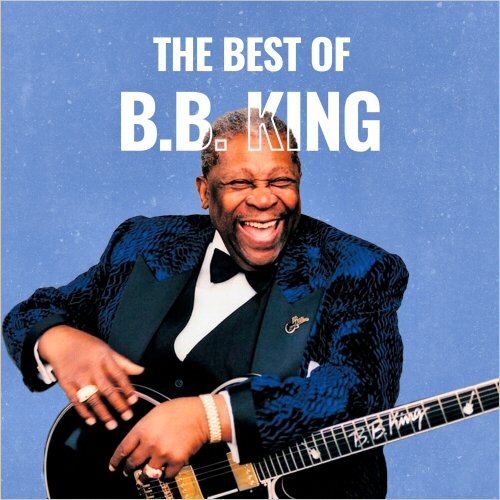
Artist: B.B. King
Title: The Best Of B.B. King
Year Of Release: 2025
Label: Mississippi River Records
Genre: Chicago Blues
Quality: FLAC 24/44.1 (tracks) | FLAC 16/44.1 (tracks) | MP3 320 kbps
Total Time: 2:49:05
Total Size: 1.5 GB | 833 MB | 402 MB
WebSite: Album Preview
Tracklist:Title: The Best Of B.B. King
Year Of Release: 2025
Label: Mississippi River Records
Genre: Chicago Blues
Quality: FLAC 24/44.1 (tracks) | FLAC 16/44.1 (tracks) | MP3 320 kbps
Total Time: 2:49:05
Total Size: 1.5 GB | 833 MB | 402 MB
WebSite: Album Preview
CD 1:
01. 3 O'Clock Blues (3:06)
02. Please Love Me (2:53)
03. Every Day I Have The Blues (2:50)
04. You Upset Me Baby (3:03)
05. Sweet Little Angel (3:01)
06. Woke Up This Morning (3:02)
07. Rock Me Baby (3:00)
08. Is You Is, Or Is You Ain't My Baby (3:22)
09. Let The Good Times Roll (2:39)
10. Get These Blues Off Me (4:28)
11. Every Day I Have The Blues (Ver. 2) (5:05)
12. See That My Grave Is Kept Clean (4:48)
13. Whole Lotta Love (3:11)
14. Bad Luck (2:55)
15. When My Heart Beats Like A Hammer (2:57)
16. Ten Long Years (2:49)
17. How Many More Years (3:06)
18. Nobody Knows You When You're Down And Out (4:35)
19. Sitting On Top Of The World (3:36)
20. Precious Lord (3:24)
21. I'm Gonna Move To The Outskirts Of Town (4:49)
22. Fishin' After Me (2:33)
23. You Know I Love You (3:06)
24. Hold That Train (3:58)
25. Please Hurry Home (2:45)
CD 2:
01. Save A Seat For Me (3:03)
02. Swing Low, Sweet Chariot (2:07)
03. I Get So Weary (4:14)
04. Waiting For Your Call (6:00)
05. Ain't That Just Like A Woman? (3:30)
06. Caldonia (2:17)
07. Choo Choo Ch'boogie (2:37)
08. My Love Is Down (5:20)
09. Midnight Blues (3:44)
10. Blues Before Sunrise (4:17)
11. Mr Pawnbroker (3:14)
12. Ain't Nobody Here But Us Chickens (2:52)
13. Partin' Time (3:01)
14. Tomorrow Night (5:00)
15. I’m Working On The Building (2:48)
16. Bad Luck Soul (2:19)
17. On My Word Of Honor (2:57)
18. B.B.'s Blues (2:27)
19. Mashed Potato Twist (2:29)
20. Saturday Night Fish Fry (4:23)
21. Five Long Years (3:28)
22. Jesus Gave Me Water (3:02)
23. Goin' Down Slow (2:52)
24. The Servants Prayer (3:02)
25. I Never Heard A Man (2:36)
B.B. King was born Riley B. King in Itta Bena, Mississippi on September 16, 1925. His parents, Nora Ella and Albert L. King were sharecroppers on a cotton plantation. As a child, his guitar playing reverend introduced him to gospel music. After his mother's and grandmother's deaths left him on his own at the age of ten, Riley B. King began playing on street corners for dimes. He joined The Famous St. John's Gospel Singers as a singer and guitarist. However, he longed to visit Memphis, the home of his cousin and prominent bluesman, Bukka White.
The young Riley B. King hitchhiked to Memphis in the mid-1940s. His first big break came from WDIA radio in West Memphis, where he was given a weekly performance plugging the health tonic, Pepticon. In the early 1950s, King signed a contract with Modern Records and made his first recordings. The song, "Three O'Clock Blues," earned him a strong local reputation and he began touring nationwide. In 1956, his band played an incredible 342 one-night stands across the country. In the years following, King moved from the chitlin circuit of the south to concert halls, amphitheaters, and resort hotels. He played for audiences at the Howard Theater in Washington, the Royal Theater in Baltimore, and the famous Apollo Theater in Harlem, New York.
Although he was widely respected by the blues community, and continued to play to large black audiences, B.B. King did not achieve the same mainstream success as some of his contemporaries. By the late 1960s, however, King received more widespread attention as many rock n' roll musicians such as Eric Clapton and Buddy Guy began citing him as a musical influence. With his 1966 signature hit, "The Thrill is Gone," B.B. King, for the first time, achieved success on the popular charts. He began to play for white audiences at theatres such as the Fillmore East. In 1969 he made his first network TV appearance on the "Tonight Show," and in 1971 he performed live on the Ed Sullivan Show.
B.B. King's music has taken him to the former Soviet Union, South America, Africa, Australia, and Japan, as well as numerous European cities. He has established his own unique and recognizable guitar style, borrowing from T-Bone Walker, Blind Lemon Jefferson, and Lonnie Johnson, and using his own technique of trilling the strings with a left-hand vibrato. Songs such as "Rock Me Baby," "Nobody Loves Me But My Mother," and "How Blue Can You Get?" became popular with fans as B.B. King developed into a spectacular live performer.
B.B. King was inducted into the Blues Foundation Hall of Fame in 1984, and the Rock and Roll Hall of Fame in 1987. He also received the NARAS Lifetime Achievement Award in 1987, and has been awarded many Grammy Awards throughout his career. King has also been presented with honorary degrees from major academic institutions including Yale University, Rhodes College in Memphis, and Berklee College of Music, Togaloo College, and Mississippi Valley State. In 1990, he received the Presidential Medal of Arts. In 1991, he was awarded the National Award of Distinction from the University of Mississippi. In 1995, he received the prestigious Kennedy Center Honors from President Clinton.
In the early 1990s, B.B. King opened B.B. King Blues Clubs on Beale Street in Memphis, on Universal CityWalk in Los Angeles, and in New York City's Times Square. Two more clubs opened at Foxwoods Casino in Connecticut in January 2002. Most recently, in September 2003 he opened a B.B. King Blues Club in Nashville, Tennessee.
King passed away on May 14, 2015 at the age of 89.
The young Riley B. King hitchhiked to Memphis in the mid-1940s. His first big break came from WDIA radio in West Memphis, where he was given a weekly performance plugging the health tonic, Pepticon. In the early 1950s, King signed a contract with Modern Records and made his first recordings. The song, "Three O'Clock Blues," earned him a strong local reputation and he began touring nationwide. In 1956, his band played an incredible 342 one-night stands across the country. In the years following, King moved from the chitlin circuit of the south to concert halls, amphitheaters, and resort hotels. He played for audiences at the Howard Theater in Washington, the Royal Theater in Baltimore, and the famous Apollo Theater in Harlem, New York.
Although he was widely respected by the blues community, and continued to play to large black audiences, B.B. King did not achieve the same mainstream success as some of his contemporaries. By the late 1960s, however, King received more widespread attention as many rock n' roll musicians such as Eric Clapton and Buddy Guy began citing him as a musical influence. With his 1966 signature hit, "The Thrill is Gone," B.B. King, for the first time, achieved success on the popular charts. He began to play for white audiences at theatres such as the Fillmore East. In 1969 he made his first network TV appearance on the "Tonight Show," and in 1971 he performed live on the Ed Sullivan Show.
B.B. King's music has taken him to the former Soviet Union, South America, Africa, Australia, and Japan, as well as numerous European cities. He has established his own unique and recognizable guitar style, borrowing from T-Bone Walker, Blind Lemon Jefferson, and Lonnie Johnson, and using his own technique of trilling the strings with a left-hand vibrato. Songs such as "Rock Me Baby," "Nobody Loves Me But My Mother," and "How Blue Can You Get?" became popular with fans as B.B. King developed into a spectacular live performer.
B.B. King was inducted into the Blues Foundation Hall of Fame in 1984, and the Rock and Roll Hall of Fame in 1987. He also received the NARAS Lifetime Achievement Award in 1987, and has been awarded many Grammy Awards throughout his career. King has also been presented with honorary degrees from major academic institutions including Yale University, Rhodes College in Memphis, and Berklee College of Music, Togaloo College, and Mississippi Valley State. In 1990, he received the Presidential Medal of Arts. In 1991, he was awarded the National Award of Distinction from the University of Mississippi. In 1995, he received the prestigious Kennedy Center Honors from President Clinton.
In the early 1990s, B.B. King opened B.B. King Blues Clubs on Beale Street in Memphis, on Universal CityWalk in Los Angeles, and in New York City's Times Square. Two more clubs opened at Foxwoods Casino in Connecticut in January 2002. Most recently, in September 2003 he opened a B.B. King Blues Club in Nashville, Tennessee.
King passed away on May 14, 2015 at the age of 89.
![Mateus Asato - ASATO (2026) [Hi-Res] Mateus Asato - ASATO (2026) [Hi-Res]](https://www.dibpic.com/uploads/posts/2026-02/1772112407_egqdz3e9dom2b_600.jpg)
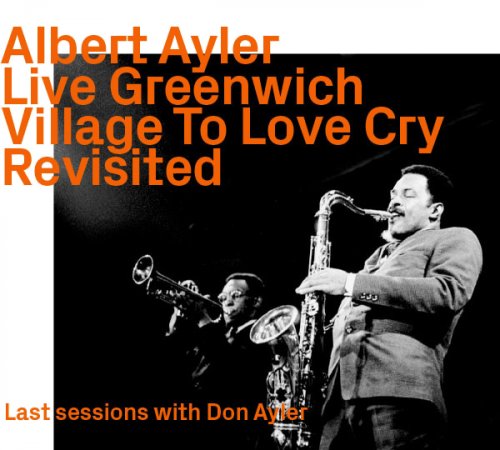
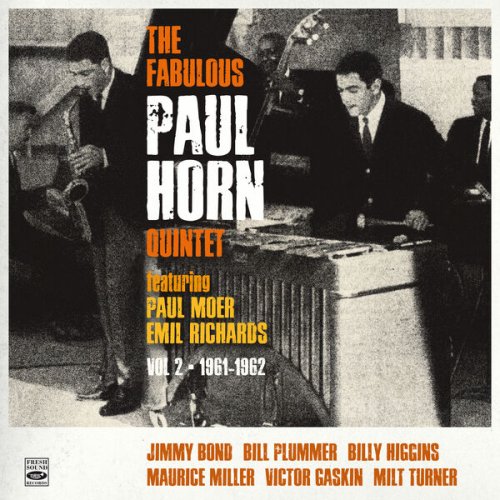
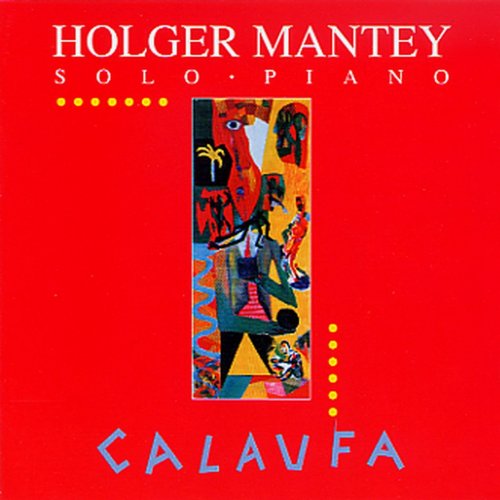
![The Mood Mosaic & Fausto Papetti - Bésame (Y Haz De Mi Cuerpo Tu Reino) (2026) [Hi-Res] The Mood Mosaic & Fausto Papetti - Bésame (Y Haz De Mi Cuerpo Tu Reino) (2026) [Hi-Res]](https://www.dibpic.com/uploads/posts/2026-02/1772125285_cover.jpg)
